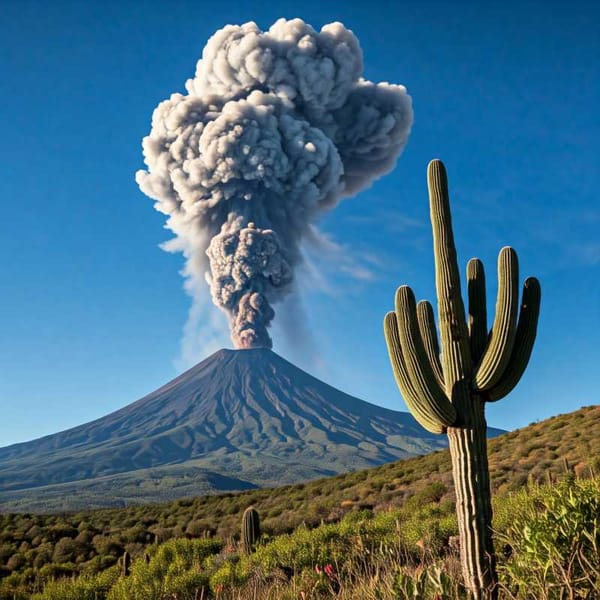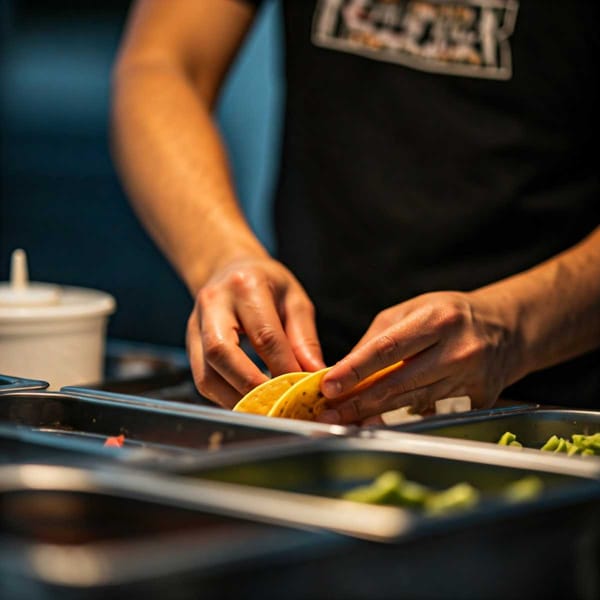How Modern Mixology is Changing the Cocktail Game
Discover the art and science of modern mixology! Learn about the history, key ingredients, techniques, trends, and future of this exciting craft. From muddling and smoking to sustainability and culinary-inspired cocktails, explore the world of modern mixology and elevate your cocktail game.





